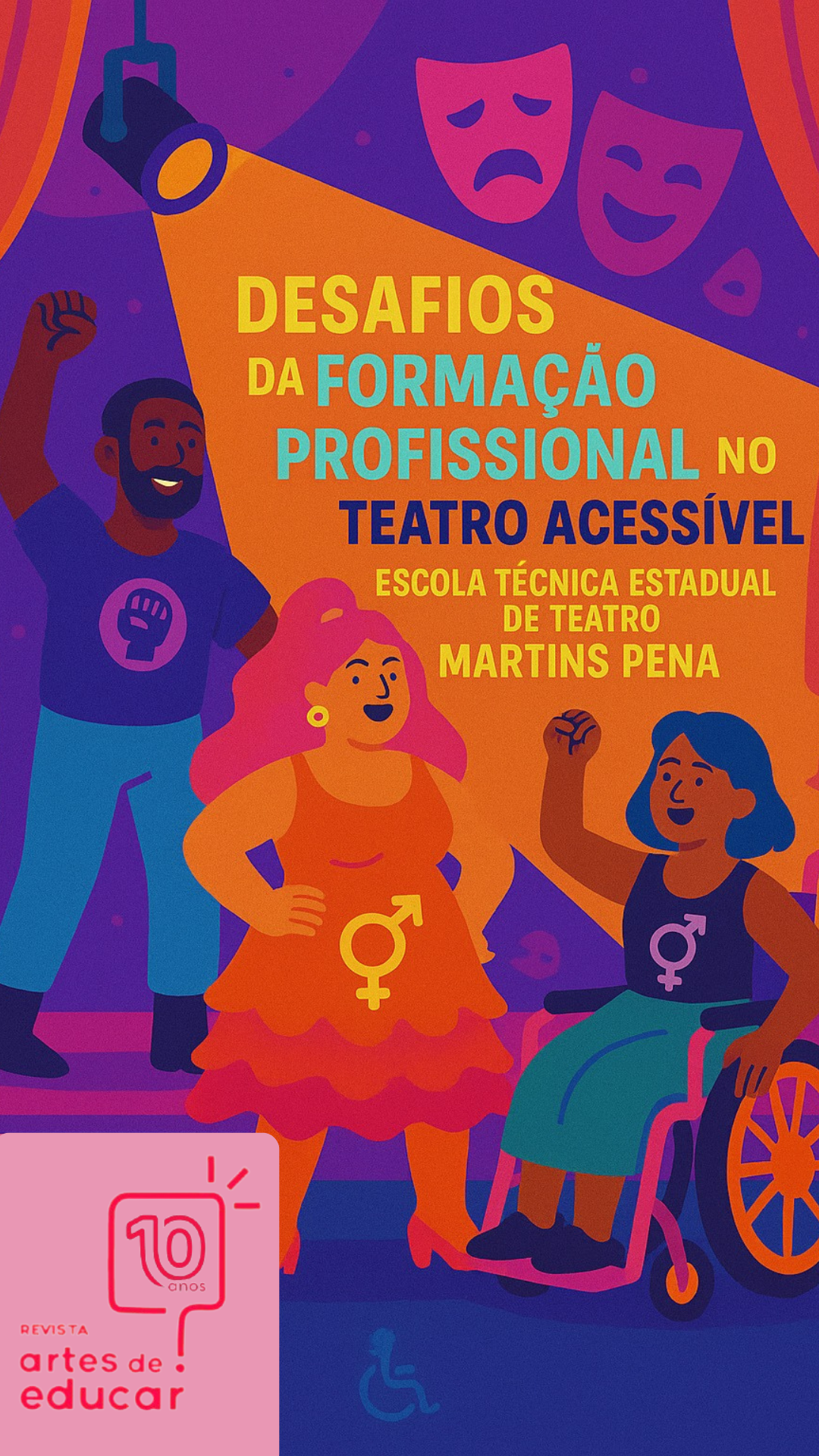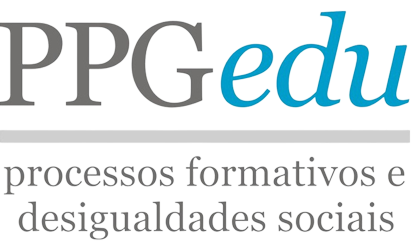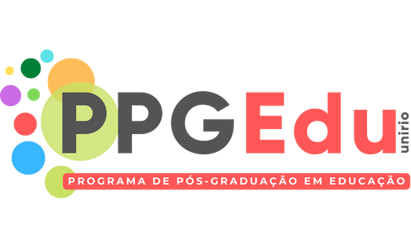Processos de inclusão do sujeito surdo no contexto da escola comum: análise das cenas da série crisálida
DOI:
https://doi.org/10.12957/riae.2025.81111Palabras clave:
Educação de Surdos, Governamentalidade, Normalização, Sujeito surdoResumen
O presente trabalho toma como centralidade a produção do conhecimento no campo da educação de surdos. No contexto desse estudo interessa olhar para os processos de inclusão escolar dos sujeitos surdos a partir da problematização do espaço da escola comum no cenário contemporâneo. Para fazer esse exercício analítico tomamos como materialidade um recorte do episódio 3 - O direito de ser surdo, da série catarinense bilíngue, intitulada Crisálida, com o objetivo de compreender os modos de condução das vidas surdas no contexto da escola comum. A metodologia utilizada neste trabalho foi de caráter exploratório e descritivo e baseou-se na pesquisa bibliográfica e documental. Foram analisadas as cenas do episódio da série Crisálida escolhido, no qual destacamos os arranjos e o funcionamento de discursos que circulam em torno dos dispositivos de normalização e governamentalidade presentes no espaço da escola comum. Desse modo, o episódio intitulado O direito de ser surdo, enquanto uma produção discursiva, se impõe no contexto desse estudo como uma ferramenta teórico-metodológica que nos ajuda a compreender a necessidade de um deslocamento epistemológico no campo da educação de surdos no cenário das políticas de inclusão voltadas para os sujeitos surdos. Pensar a epistemologia surda nos aproxima do pensamento decolonial e nos inspira a refletir sobre práticas insurgentes que surgiram a partir dos movimentos de resistência e rompem com a lógica normalizadora e colonial presentes na produção de conhecimento no campo da educação de surdos.
Palavras-chave: Educação de Surdos; Governamentalidade; Normalização; Sujeito surdo.
Descargas
Publicado
Cómo citar
Número
Sección
Licencia
Derechos de autor 2025 Cláudia Sarturi, Márcia Lise Lunardi-Lazzarin

Esta obra está bajo una licencia internacional Creative Commons Atribución-NoComercial 4.0.
Los autores conservan los derechos de autor de su trabajo, pueden publicar y distribuir su trabajo en línea (por ejemplo, en repositorios institucionales o en su página personal) en cualquier momento antes o durante el proceso editorial, ya que esto puede generar cambios productivos, así como aumentar la impacto y citación del trabajo publicado.
La aceptación del texto implica la autorización y exclusividad de la Revista Interinstitucional Artes de Educar en cuanto al derecho de primera publicación, las obras publicadas son licenciadas simultáneamente con una Licencia Creative Commons Atribución-No Comercial 4.0 Internacional 























